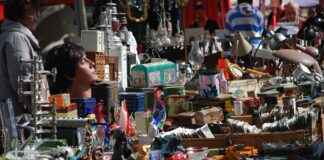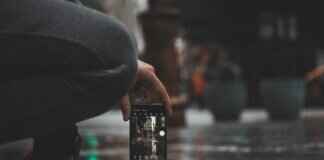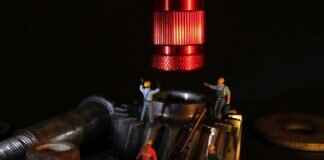Refinancing a home loan in 2025 can be a significant financial decision that many homeowners face. This article delves into the implications, benefits, costs, and essential considerations of refinancing, equipping homeowners with the knowledge to make informed choices regarding their mortgage options.
What is Home Loan Refinancing?
Home loan refinancing refers to the process of replacing an existing mortgage with a new one, typically to secure more favorable terms. This may include lower interest rates or altering the loan duration. Understanding this process is crucial for homeowners aiming to align their mortgage with their financial goals.
Benefits of Refinancing Your Home Loan
- Lower Interest Rates: One of the most compelling reasons to refinance is to obtain a lower interest rate, which can result in substantial savings over the loan’s duration.
- Reduced Monthly Payments: Homeowners may find that refinancing can lower their monthly payments, improving cash flow.
- Access to Home Equity: Refinancing can provide opportunities to tap into home equity for renovations or debt consolidation.
Understanding the Costs of Refinancing
While refinancing offers numerous benefits, it is essential to consider the associated costs:
- Closing Costs: These can range from 2% to 5% of the loan amount and include various fees such as appraisal and origination fees.
- Break-Even Point: Homeowners should calculate how long it will take to recover refinancing costs through savings, a critical step in the decision-making process.
When is the Right Time to Refinance?
Timing is crucial when considering refinancing. Homeowners should assess:
- Market Conditions: Keeping an eye on interest rates can help identify the best times to refinance.
- Personal Financial Situation: Evaluating credit scores, income stability, and overall debt levels is vital in determining the appropriateness of refinancing.
Potential Risks of Refinancing
While refinancing can be beneficial, it is not without risks:
- Impact on Credit Score: Refinancing may temporarily lower your credit score due to hard inquiries.
- Long-Term Financial Implications: Homeowners should consider how refinancing might affect their long-term financial health and retirement savings.
In summary, refinancing a home loan in 2025 involves careful consideration of benefits, costs, timing, and risks. Homeowners should thoroughly evaluate their personal financial situations and market conditions to make the best decision for their circumstances.
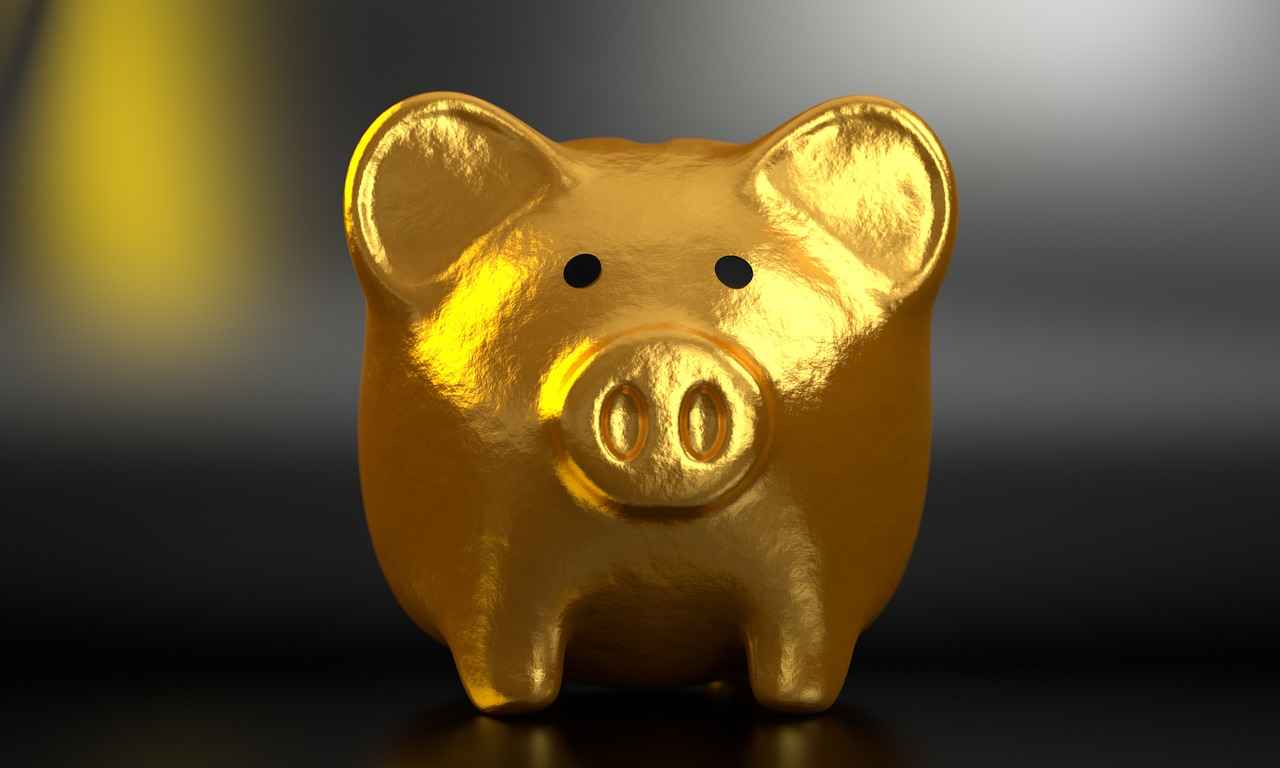
What is Home Loan Refinancing?
Refinancing a home loan is a financial strategy that involves replacing your existing mortgage with a new one, typically to secure more favorable terms. This process allows homeowners to adjust their mortgage conditions to better fit their current financial situation and goals. By understanding home loan refinancing, homeowners can make informed decisions that align with their long-term financial objectives.
At its core, refinancing can be a means to reduce monthly payments, lower interest rates, or even access home equity for other financial needs. This flexibility makes it an attractive option for many homeowners, especially in a fluctuating market.
When considering refinancing, it’s essential to evaluate the benefits and potential drawbacks. Homeowners may find that a reduced interest rate can lead to significant savings over the life of the loan. Additionally, refinancing can allow individuals to switch from an adjustable-rate mortgage to a fixed-rate one, providing more stability in monthly payments.
However, refinancing is not without its costs. Homeowners should be aware of closing costs, which can range from 2% to 5% of the loan amount. These costs include fees for appraisal, credit checks, and loan origination, which can add up quickly. Therefore, it’s crucial to conduct a break-even analysis to determine how long it will take to recoup these expenses through savings.
Another important aspect to consider is the timing of refinancing. Market conditions, such as interest rates, can significantly impact the benefits of refinancing. Homeowners should stay informed about market trends and evaluate their personal financial situation, including credit scores and debt levels, to determine if refinancing is the right move.
In summary, understanding what home loan refinancing entails is vital for homeowners looking to improve their financial standing. By weighing the benefits against the costs and considering market conditions, individuals can make strategic decisions that enhance their financial well-being.
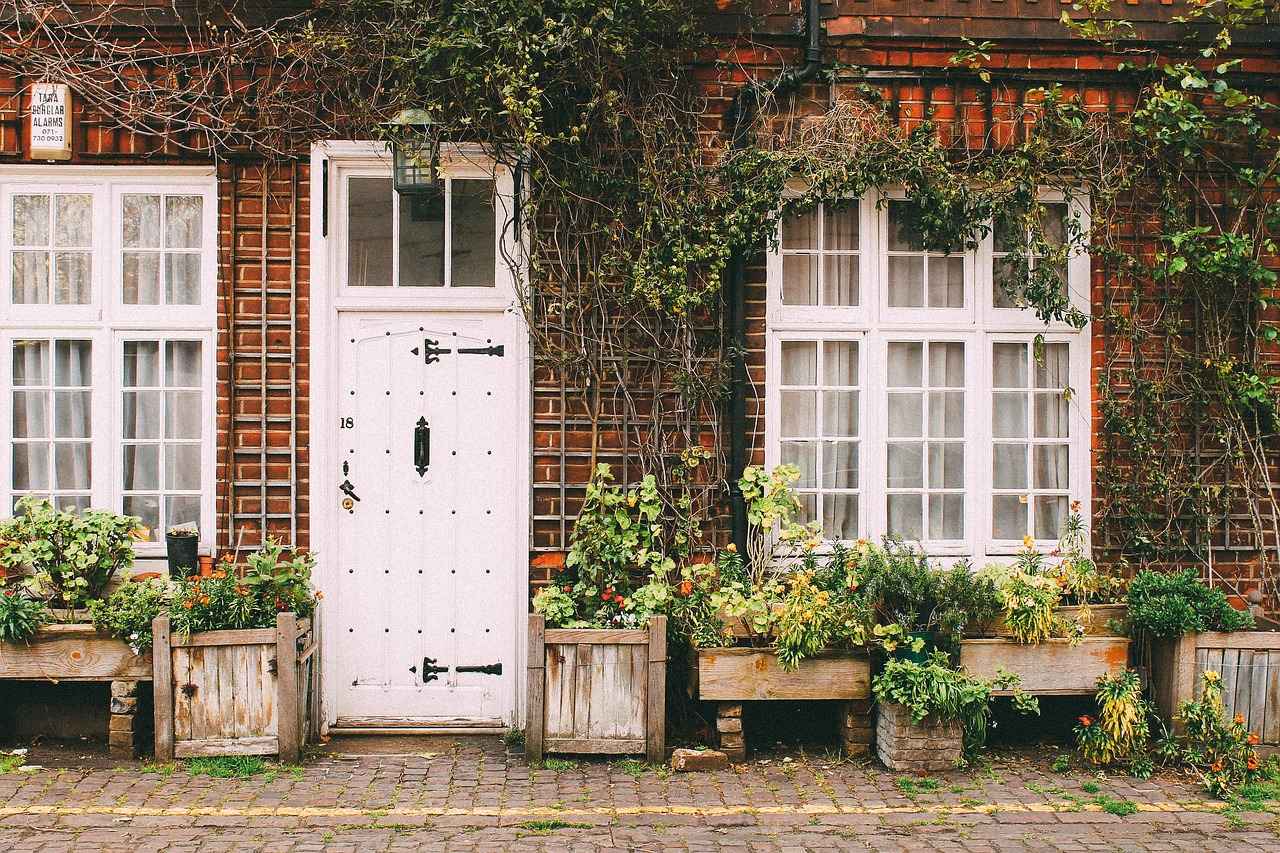
Benefits of Refinancing Your Home Loan
Refinancing your home loan can be a strategic financial decision that offers numerous benefits for homeowners. As interest rates fluctuate and personal financial situations evolve, understanding the advantages of refinancing can help you make informed choices that align with your financial goals.
One of the most compelling reasons to consider refinancing is the potential for lower interest rates. By securing a lower rate, homeowners can significantly reduce their monthly mortgage payments, leading to substantial savings over the life of the loan. This reduction in interest can free up cash for other expenses or investments, enhancing overall financial well-being.
In addition to lowering interest rates, refinancing can provide an opportunity for reduced monthly payments. This can be particularly beneficial for those experiencing changes in their financial circumstances, such as a decrease in income or an increase in living expenses. A lower monthly payment can alleviate financial stress and improve cash flow, allowing homeowners to allocate funds towards savings or other essential needs.
Furthermore, refinancing can grant homeowners access to their home equity. This can be a valuable resource for funding home renovations, consolidating high-interest debt, or covering unexpected expenses. By tapping into home equity, homeowners can leverage their property’s value to support their financial goals, making refinancing a versatile tool in financial planning.
However, it is crucial to evaluate these benefits in the context of your unique financial situation. Homeowners should consider factors such as current interest rates, the length of time they plan to stay in their home, and any associated costs of refinancing. Conducting a thorough analysis will ensure that refinancing is a beneficial move rather than a financial burden.
- Lower Interest Rates: Save money over the loan’s term.
- Reduced Monthly Payments: Improve cash flow and financial flexibility.
- Access to Home Equity: Utilize funds for various financial needs.
In summary, refinancing can offer significant advantages, but it is essential to approach this decision with careful consideration and a clear understanding of your financial landscape.
Lowering Your Interest Rate
Refinancing a home loan is a significant financial decision that many homeowners consider, particularly when it comes to lowering interest rates. One of the most compelling reasons for refinancing is the potential to secure a more favorable interest rate on your mortgage. This can lead to substantial savings over the life of the loan, enhancing your overall financial health.
When interest rates drop, homeowners may find themselves in a position to refinance at a rate that is significantly lower than their current mortgage. For example, if a homeowner refinances from a 4% interest rate to a 3% rate, the savings can be considerable. Over a 30-year loan term, this reduction can save thousands of dollars in interest payments.
Moreover, obtaining a lower interest rate can decrease your monthly mortgage payments, making your financial obligations more manageable. This can free up cash for other expenses, such as home improvements, education, or retirement savings. It’s essential to analyze how these savings can positively impact your financial goals.
In addition to direct savings, refinancing to a lower interest rate may also improve your credit score over time. Lower monthly payments can help you manage your finances better, reducing the likelihood of missed payments, which can adversely affect your credit standing.
However, it’s crucial to consider the overall costs of refinancing. While the benefits of a lower interest rate can be significant, homeowners should also be aware of the associated fees, such as closing costs and appraisal fees. Conducting a thorough cost-benefit analysis can help you determine if refinancing is worth the investment.
In summary, lowering your interest rate through refinancing can lead to substantial financial benefits, but it requires careful consideration of both the immediate and long-term implications. Homeowners should evaluate their unique financial situations, market conditions, and the potential costs involved to make an informed decision.
Fixed vs. Adjustable Rates
When considering refinancing your home loan, one of the most critical decisions you’ll face is whether to choose a fixed-rate mortgage or an adjustable-rate mortgage (ARM). Each option has distinct advantages and disadvantages that can significantly impact your financial future.
A fixed-rate mortgage provides homeowners with the certainty of stable monthly payments throughout the life of the loan. This can be particularly beneficial in a fluctuating interest rate environment, as it shields borrowers from potential increases in rates. With a fixed rate, budgeting becomes more straightforward, allowing homeowners to plan their finances without the worry of unexpected changes in their mortgage payments.
On the other hand, an adjustable-rate mortgage often starts with a lower interest rate compared to fixed-rate options, which can lead to lower initial monthly payments. This can be appealing for those looking to reduce their short-term financial burden. However, it’s essential to understand that after an initial period, the interest rate can adjust based on market conditions, which means payments may increase over time. This variability can pose a risk to homeowners who may not be prepared for fluctuating payment amounts.
- Stability vs. Flexibility: Fixed rates offer stability, while adjustable rates provide flexibility with lower initial payments.
- Long-Term vs. Short-Term: Fixed rates are ideal for long-term homeowners, whereas ARMs may suit those planning to move or refinance in the near future.
- Market Conditions: In a declining rate environment, ARMs can be advantageous, but in rising markets, fixed rates may be preferable.
Ultimately, the choice between fixed and adjustable rates should align with your financial situation, risk tolerance, and long-term goals. Carefully evaluating your options and considering how each type of mortgage fits into your overall financial strategy is crucial for making an informed decision.
Potential Savings Over Time
When considering refinancing your home loan, it’s essential to evaluate the potential savings that can be achieved. Homeowners should conduct a thorough analysis of both short-term and long-term financial impacts to determine if refinancing is a prudent investment. This evaluation not only aids in understanding immediate benefits but also highlights the overall financial trajectory.
In the short term, refinancing can lead to significant reductions in monthly mortgage payments. For many homeowners, securing a lower interest rate can result in immediate cash flow improvements, allowing for better management of monthly expenses. It is crucial to calculate the exact savings by comparing the new loan’s interest rate against the current rate. This calculation can be facilitated through online refinancing calculators that provide quick estimates.
However, the long-term benefits of refinancing should not be overlooked. By locking in a lower interest rate, homeowners can save thousands of dollars over the life of the loan. For instance, a reduction of just one percentage point on a 30-year mortgage can lead to substantial savings, which can be redirected towards other financial goals, such as retirement savings or education funds.
To fully grasp the implications of refinancing, homeowners should also consider the total costs involved in the refinancing process. These can include closing costs, which typically range from 2% to 5% of the loan amount. Understanding the break-even point—when the savings from the lower payments offset the costs of refinancing—is a critical aspect of this analysis.
Ultimately, the decision to refinance should be based on a comprehensive understanding of both immediate savings and future financial stability. Homeowners are encouraged to engage with financial advisors or mortgage professionals to ensure that their analysis is thorough and aligned with their long-term financial goals.
Accessing Home Equity
Accessing home equity through refinancing is a strategic financial move that many homeowners consider. By leveraging the equity built up in your home, you can unlock funds that can be used for various purposes. This can include home renovations, debt consolidation, or even financing major life events such as education or medical expenses.
Home equity is defined as the difference between your home’s current market value and the remaining balance on your mortgage. As property values rise and you pay down your mortgage, this equity can grow significantly. Refinancing allows you to convert this equity into cash, which can be a valuable resource for achieving your financial goals.
When contemplating refinancing to access home equity, it’s essential to consider several factors:
- Purpose of Funds: Identify how you plan to use the funds. For instance, investing in home improvements can increase your property value, while consolidating high-interest debt can reduce your monthly financial burden.
- Market Conditions: Keep an eye on interest rates and housing market trends. A favorable market can maximize your equity access while minimizing costs.
- Loan Terms: Understand the terms of your new mortgage. Will it be a fixed or adjustable rate? What will your new monthly payments look like? Evaluating these aspects is crucial.
To effectively leverage your home equity, it is advisable to conduct a thorough financial analysis. This includes calculating the costs associated with refinancing, such as closing costs and appraisal fees, and weighing them against the potential benefits. A common method to assess this is through a break-even analysis, which helps determine how long it will take to recoup your refinancing costs through the savings generated.
Ultimately, understanding how to access and utilize your home equity responsibly can enhance your financial planning. It’s a powerful tool that, when used wisely, can lead to improved financial stability and increased opportunities for growth.

Costs Associated with Refinancing
Refinancing a home loan can be a significant financial decision for homeowners, but it is essential to consider the various costs associated with this process. While the potential benefits, such as lower interest rates and reduced monthly payments, are enticing, the costs can add up and impact your overall financial situation.
When contemplating refinancing, homeowners must be aware of the various expenses that come into play. These costs can include:
- Closing Fees: Typically ranging from 2% to 5% of the loan amount, these fees can encompass a variety of services, including title searches, attorney fees, and more.
- Appraisal Fees: An appraisal is often required to determine the current value of your home. This fee can vary but is usually in the range of a few hundred dollars.
- Origination Fees: Lenders may charge a fee for processing the new loan application, which can also vary significantly depending on the lender.
- Points: Homeowners may choose to pay points to lower their interest rate. Each point typically costs 1% of the loan amount.
It is crucial for homeowners to weigh these costs against the potential savings from refinancing. For instance, if the closing costs amount to $5,000 but refinancing saves you $300 per month, it would take approximately 16 months to break even on the costs. This is known as the break-even point.
Moreover, homeowners should consider their long-term plans. If you plan to stay in your home for a significant period, the savings may outweigh the costs. However, if you anticipate moving in the near future, the costs may not justify the refinancing.
In summary, while refinancing can offer substantial benefits, it is essential to conduct a thorough analysis of the associated costs to make an informed decision. Understanding these factors will empower homeowners to navigate their refinancing options effectively.
Understanding Closing Costs
When considering refinancing your home loan, it is crucial to understand the closing costs involved in the process. These costs can significantly impact your overall financial decision, and being well-informed can help you avoid unexpected expenses.
Typically, closing costs range from 2% to 5% of the loan amount. For instance, if you are refinancing a mortgage of $300,000, you could be looking at closing costs between $6,000 and $15,000. This range can include various fees, and it’s essential to break them down for clarity:
| Type of Closing Cost | Estimated Percentage |
|---|---|
| Loan Origination Fee | 0.5% – 1% |
| Appraisal Fee | $300 – $700 |
| Title Insurance | 0.5% – 1% of the loan amount |
| Credit Report Fee | $30 – $50 |
| Escrow Fees | $300 – $1,000 |
Homeowners should be aware of these expenses when considering refinancing to ensure it makes financial sense. It’s advisable to conduct a break-even analysis to determine how long it will take to recoup these costs through savings from lower monthly payments. This analysis can help you decide if refinancing is a viable option or if the costs outweigh the benefits.
In addition to the direct costs, consider the impact on your overall financial health. If refinancing leads to a lower interest rate or a more favorable loan term, the long-term savings can potentially outweigh the initial closing costs. However, if the savings are minimal, it may be wiser to hold off on refinancing until market conditions improve.
In summary, understanding closing costs is an essential part of the refinancing process. By being informed and prepared, homeowners can make decisions that align with their financial goals.
Break-Even Point Analysis
Understanding the break-even point is essential for homeowners contemplating refinancing their mortgage. This financial metric indicates the moment when the savings accrued from a lower interest rate offset the costs associated with refinancing. By calculating this point, homeowners can make informed decisions regarding their mortgage options.
To compute the break-even point, homeowners need to consider both the total costs of refinancing and the monthly savings obtained from a reduced interest rate. The formula for calculating the break-even point is:
Break-Even Point (in months) Total Refinancing Costs / Monthly Savings
For instance, if the total cost of refinancing is $3,000 and the monthly savings is $300, the break-even point would be:
Break-Even Point $3,000 / $300 10 months
This means that it would take 10 months for homeowners to recoup their refinancing costs through savings. If a homeowner plans to stay in their home for longer than this period, refinancing could be a wise financial decision.
Additionally, it’s important to factor in the potential changes in interest rates and personal financial situations. If rates are expected to rise, refinancing sooner may offer more substantial savings. On the other hand, if a homeowner anticipates moving soon, the break-even analysis might suggest that refinancing is not beneficial.
In summary, conducting a thorough break-even point analysis is crucial for homeowners. It provides a clear understanding of the time frame for recouping refinancing costs and aids in making a financially sound decision. By weighing the costs against the potential savings, homeowners can navigate their refinancing options with confidence.

When is the Right Time to Refinance?
Determining the right time to refinance your home loan is a crucial decision that can greatly influence your financial future. Timing plays a pivotal role in maximizing the benefits of refinancing, and homeowners must take into account various factors that can affect their decision.
Firstly, market conditions are essential to consider. Interest rates can fluctuate based on economic indicators, and refinancing during a period of low rates can lead to substantial savings. Homeowners should regularly monitor the real estate market and economic trends to identify the most advantageous times to refinance. Additionally, consulting with a financial advisor can provide insights into current market conditions.
Secondly, it is important to assess your personal financial situation. Factors such as your credit score, income stability, and existing debt levels can significantly impact your refinancing options. A higher credit score can qualify you for better interest rates, while a stable income ensures that you can manage the new mortgage payments effectively. Homeowners should evaluate their financial health and determine if refinancing aligns with their current and future financial goals.
Moreover, consider your long-term plans. Are you planning to stay in your home for an extended period? If so, refinancing to a lower interest rate can save you money over the life of the loan. However, if you anticipate moving in the near future, the costs associated with refinancing may outweigh the benefits. Conducting a break-even analysis can help you understand how long it will take to recoup the costs of refinancing through savings on your monthly payments.
In conclusion, the decision to refinance should not be taken lightly. By carefully evaluating market conditions, your personal financial situation, and your long-term goals, you can make an informed choice that enhances your financial well-being.
Market Trends and Interest Rates
Understanding market trends and interest rates is crucial for homeowners considering refinancing their mortgage. Keeping a close eye on these factors can significantly influence your financial decisions and lead to substantial savings. In 2025, as the economic landscape continues to evolve, homeowners must remain vigilant to identify the most advantageous times for refinancing.
The real estate market is inherently dynamic, with interest rates fluctuating based on various economic indicators. By monitoring these trends, homeowners can pinpoint moments when rates drop, making it an ideal time to refinance. For instance, if the Federal Reserve signals a reduction in interest rates, this could prompt lenders to lower their rates, creating an opportunity for homeowners to secure a better deal.
Staying informed about interest rate movements can also help homeowners make educated decisions about their financial future. For example, if rates are historically low, refinancing could reduce monthly payments and overall loan costs. Conversely, if rates are on the rise, waiting to refinance may result in higher costs down the line.
Moreover, understanding market trends extends beyond just interest rates. Homeowners should also consider factors such as housing demand, economic growth, and inflation. These elements can influence mortgage rates and the overall refinancing landscape. By analyzing these trends, homeowners can better assess their financial situation and determine whether refinancing aligns with their long-term goals.
In conclusion, keeping abreast of market trends and interest rates is essential for homeowners looking to refinance. This proactive approach not only aids in making informed financial decisions but also opens the door to potential savings that can enhance overall financial stability.
Personal Financial Considerations
When contemplating the decision to refinance your home loan, it is essential for homeowners to conduct a thorough evaluation of their financial health. This assessment should encompass several critical areas, including credit scores, income stability, and debt levels. Each of these factors plays a significant role in determining whether refinancing aligns with an individual’s current financial situation and future aspirations.
Credit Scores are a vital component of your financial profile. A higher credit score typically qualifies homeowners for better refinancing rates, which can lead to substantial savings over the life of the loan. It’s advisable to check your credit report for any discrepancies and take steps to improve your score if necessary before applying for refinancing.
Income Stability is another crucial factor to consider. Homeowners should assess their job security and overall income trends. A stable income not only enhances the likelihood of qualifying for favorable refinancing terms but also ensures that monthly payments remain manageable in the long run. Fluctuations in income can pose risks, making it vital to have a consistent financial footing.
Debt Levels are equally important. Homeowners should calculate their debt-to-income ratio, which compares monthly debt payments to gross monthly income. A lower ratio indicates better financial health and increases the chances of obtaining favorable refinancing terms. If your debt levels are high, it may be wise to prioritize debt reduction before considering refinancing.
In summary, a comprehensive evaluation of your financial health is essential before deciding to refinance your home loan. By understanding your credit score, ensuring income stability, and managing debt levels, you can make a more informed decision that aligns with both your current circumstances and future financial goals.
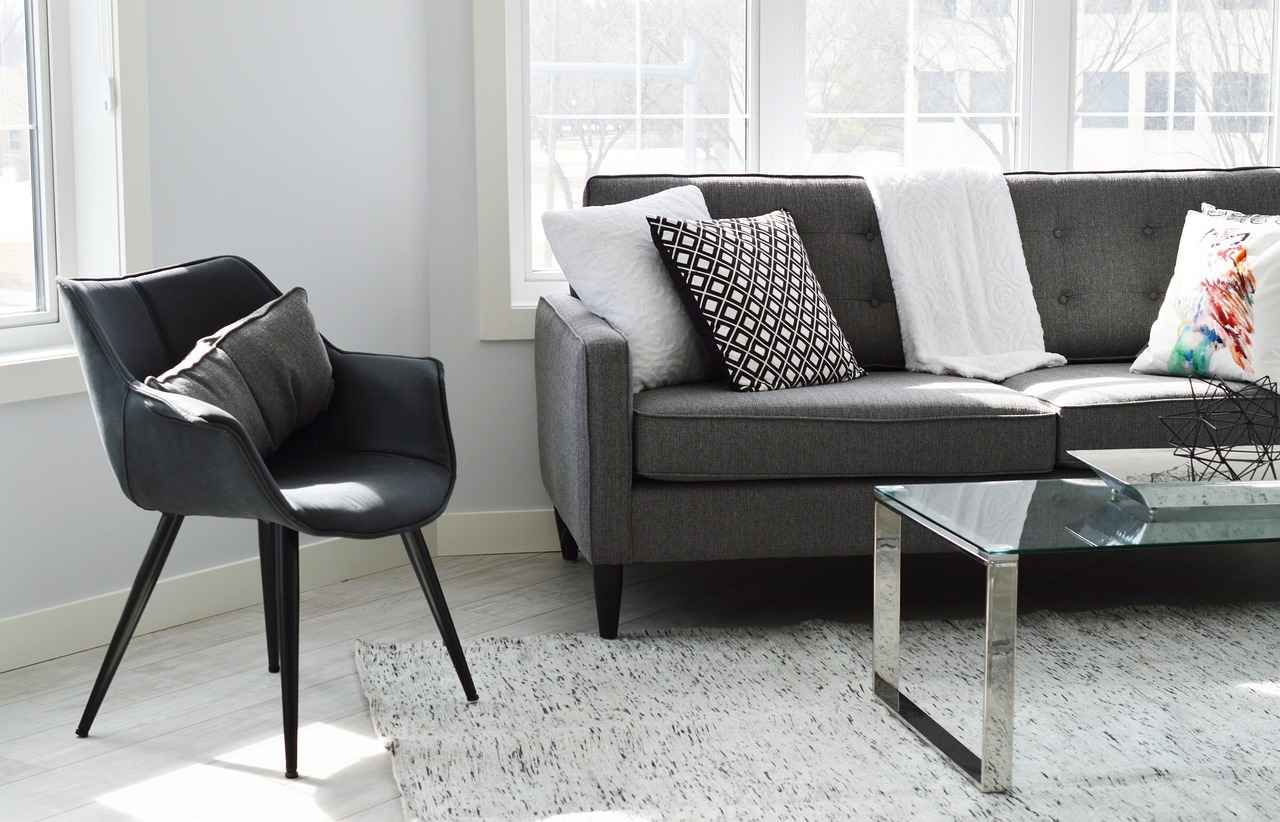
Potential Risks of Refinancing
Refinancing a home loan can be a strategic financial move for many homeowners, but it’s essential to recognize the potential risks involved in this decision. While the allure of lower interest rates and reduced monthly payments can be enticing, there are significant factors that must be carefully considered before proceeding.
One of the primary risks associated with refinancing is the possibility of extending the loan term. This means that while monthly payments may be lower, the total amount paid over the life of the loan could increase. Homeowners should evaluate whether the long-term savings outweigh the short-term benefits. Additionally, refinancing might lead to a situation where homeowners accrue additional debt. This can happen if they choose to take cash out from their home equity, which can result in a larger overall mortgage balance.
- Increased Financial Burden: Extending the loan term can lead to paying more interest over time, increasing the financial burden.
- Market Fluctuations: Changes in the housing market or interest rates can impact the effectiveness of refinancing, potentially leading to financial setbacks.
- Fees and Costs: The closing costs associated with refinancing can add up, making it crucial to analyze whether the benefits justify these expenses.
Moreover, homeowners must consider their personal financial situation. Factors such as credit score, income stability, and existing debt levels can influence the success of refinancing. A lower credit score may result in higher interest rates, negating the benefits of refinancing altogether.
In conclusion, while refinancing can provide significant advantages, it is vital for homeowners to weigh these potential risks against their financial goals. A thorough analysis and a clear understanding of both the immediate and long-term implications are essential for making an informed decision.
Impact on Credit Score
When considering refinancing a home loan, it is crucial to understand the impact on your credit score. While refinancing can provide numerous benefits, such as lower interest rates and reduced monthly payments, it may also lead to temporary fluctuations in your creditworthiness.
One of the primary reasons for this impact is the hard inquiries that occur when lenders assess your credit history during the refinancing process. Each time a lender checks your credit, it can result in a slight dip in your credit score. However, these inquiries typically affect your score for a limited time, usually around 12 months.
In addition to hard inquiries, refinancing can alter your credit utilization ratio. This ratio compares your total credit card balances to your total credit limits. When you refinance and potentially increase your loan amount, it can change your overall debt levels, impacting your credit utilization. A higher utilization ratio can negatively affect your score, especially if it rises above 30%.
For homeowners prioritizing their credit health, understanding these factors is essential. Here are some key points to consider:
- Monitor Your Credit Score: Regularly check your credit report to understand how refinancing affects your score.
- Limit Hard Inquiries: Try to consolidate your refinancing applications within a short time frame to minimize the impact of multiple inquiries.
- Manage Credit Utilization: Keep your credit card balances low to maintain a healthy credit utilization ratio.
In summary, while refinancing may temporarily affect your credit score due to hard inquiries and changes in credit utilization, the long-term benefits can outweigh these short-term impacts. Homeowners should weigh their options carefully and consider how refinancing aligns with their financial goals.
Long-Term Financial Implications
When contemplating home loan refinancing, homeowners must delve into the that such a decision may entail. While the immediate benefits, such as lower monthly payments or reduced interest rates, can be enticing, it is crucial to consider how these changes can affect your financial landscape over time.
One of the primary areas of concern is the impact on retirement savings. Homeowners often prioritize immediate savings from refinancing but may overlook how extending a mortgage term could delay their ability to contribute to retirement accounts. For instance, if refinancing leads to a longer repayment period, homeowners might find themselves dedicating more years to mortgage payments, which could hinder their capacity to save for retirement.
Additionally, the decision to refinance can influence overall financial stability. Homeowners should assess their current debt levels and overall financial health. If refinancing results in taking on additional debt or extending the loan term, it could lead to increased financial strain in the future. This is particularly relevant for those approaching retirement age, as they may have fewer opportunities to recover from financial setbacks.
Moreover, homeowners should consider how refinancing affects their credit profile. While refinancing can lead to a temporary dip in credit scores due to hard inquiries, maintaining a lower monthly payment can improve overall financial health in the long run. It’s essential to weigh these factors carefully, as a healthy credit score is crucial for future borrowing needs.
In summary, while refinancing a home loan can offer immediate financial relief, homeowners must take a comprehensive view of the long-term implications. Understanding how refinancing may influence retirement savings, overall financial stability, and credit health is key to making an informed decision that aligns with future goals.
Frequently Asked Questions
- What is home loan refinancing?
Home loan refinancing is the process of replacing your existing mortgage with a new one, often to secure better terms like lower interest rates or reduced monthly payments. It’s like trading in an old car for a newer model that better fits your needs!
- What are the benefits of refinancing?
Refinancing can lead to several advantages, including lower interest rates, decreased monthly payments, and the ability to access home equity for renovations or debt consolidation. Think of it as finding a hidden treasure in your home!
- What costs should I expect when refinancing?
While refinancing can save you money, it comes with costs like closing fees, appraisal fees, and origination fees. These can typically range from 2% to 5% of the loan amount, so it’s essential to factor these into your decision.
- How do I know if it’s the right time to refinance?
Timing is everything! Keep an eye on market trends and interest rates, and assess your personal financial situation. If rates drop significantly or your financial health improves, it might be the perfect moment to make a move!
- What are the risks of refinancing?
Refinancing can extend your loan term or lead to additional debt, which are important risks to consider. Plus, it might temporarily impact your credit score. Weigh these factors carefully before jumping in!









